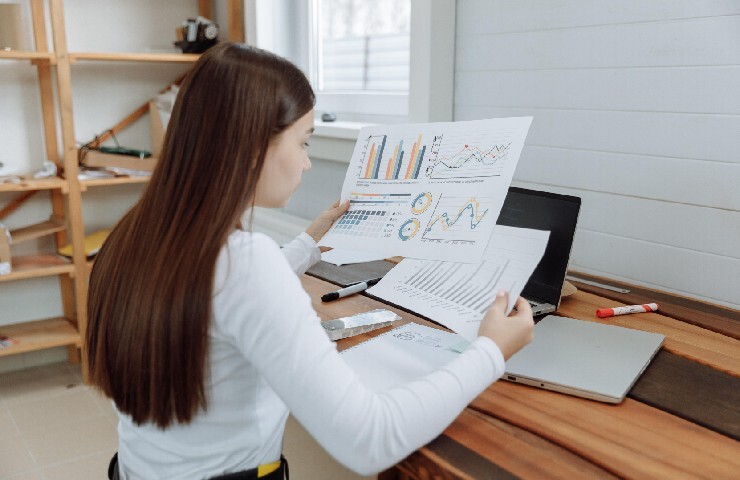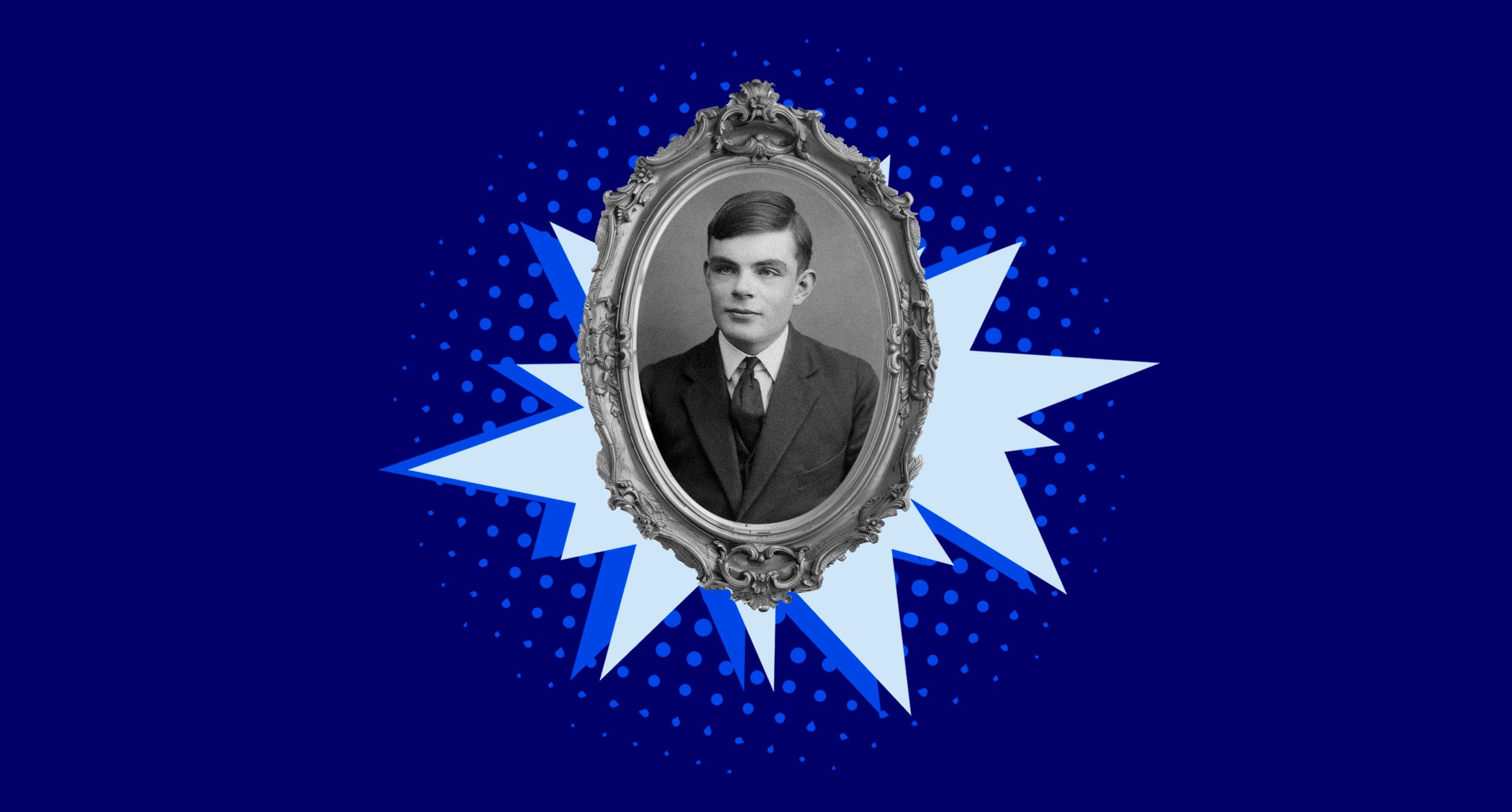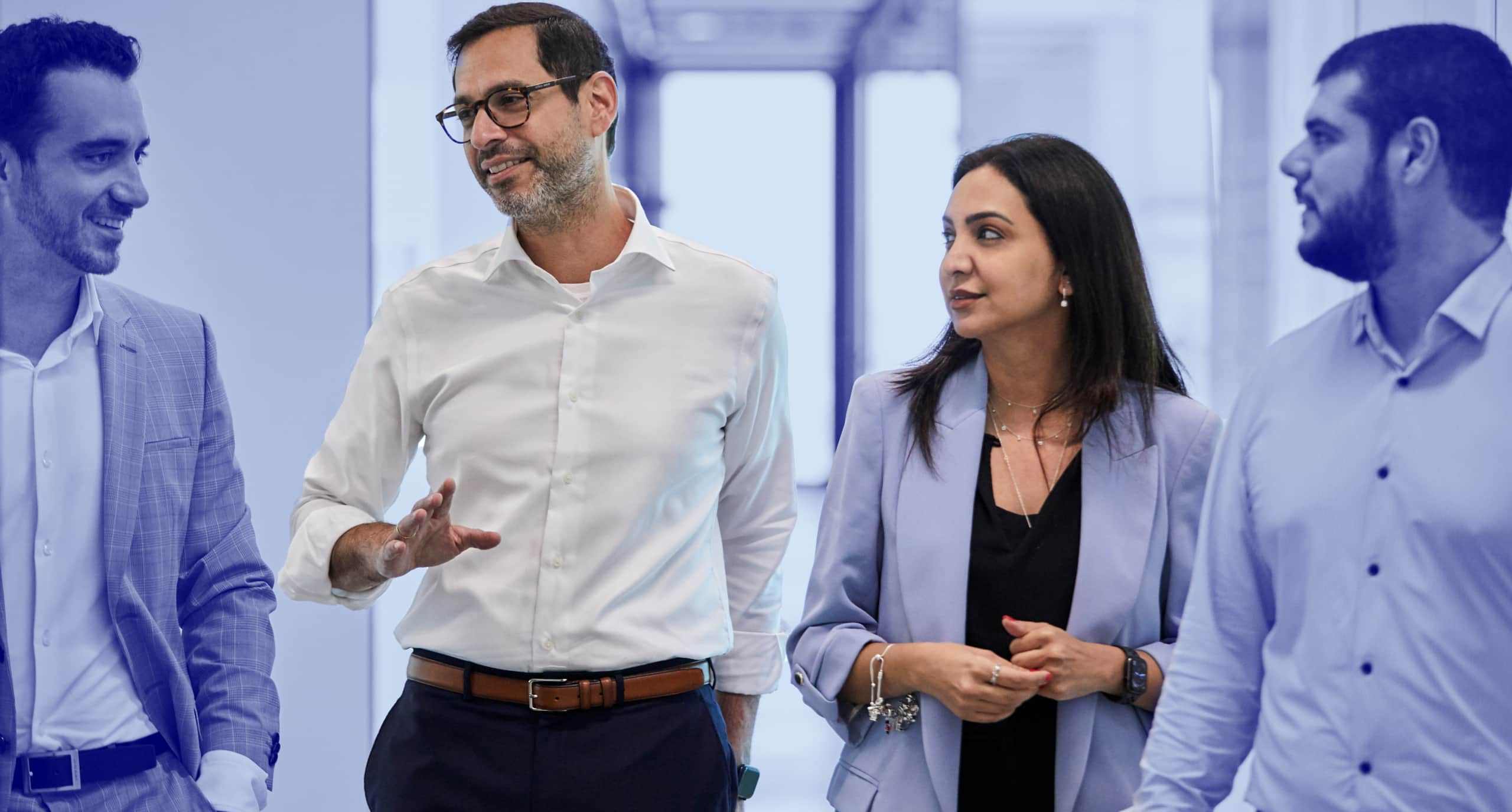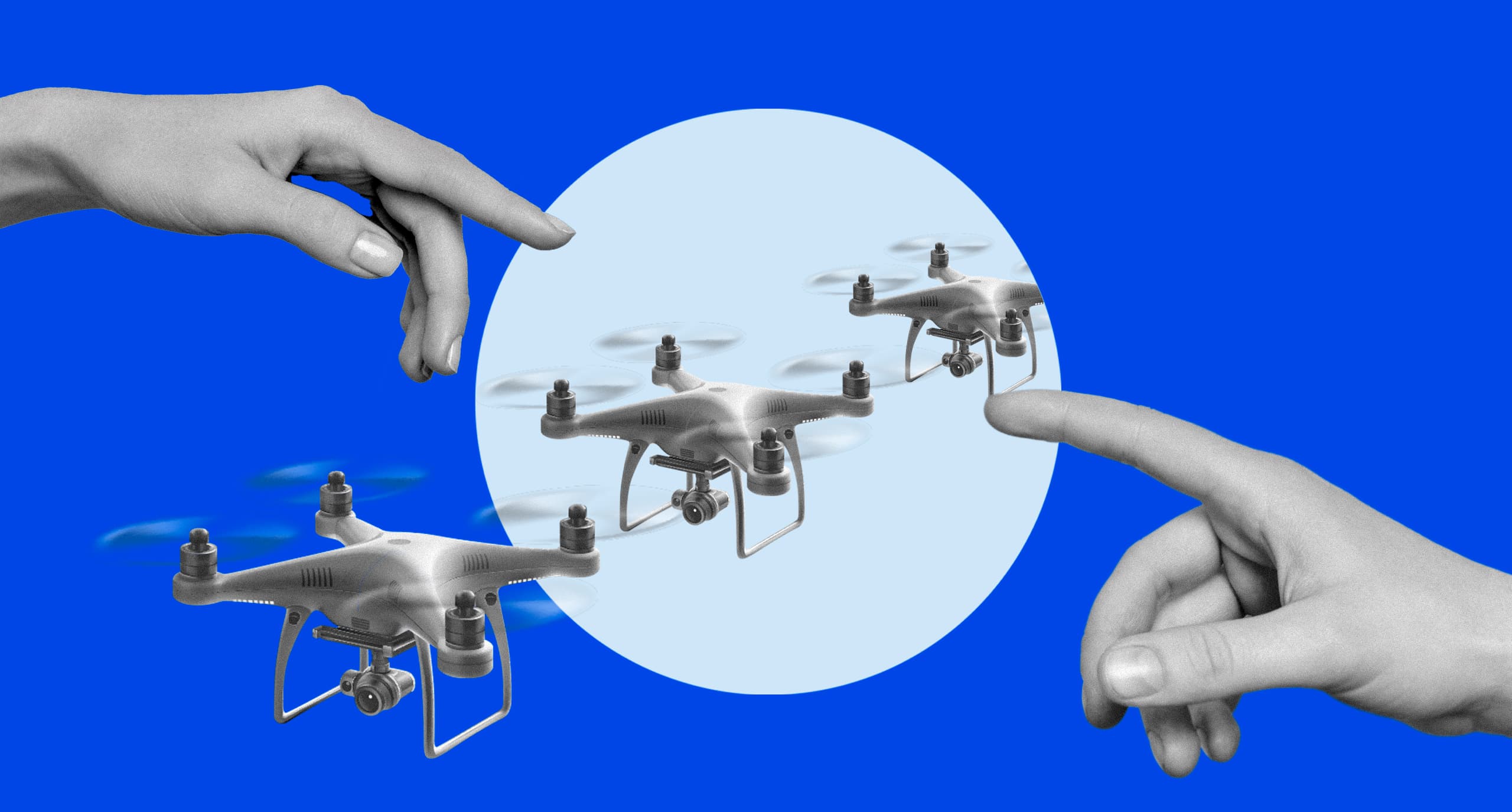At IE University, we believe that the study of economics is more than education. It’s a gateway to a career with greater global impact. No one understands the positive role economics can play in promoting inclusive and sustainable social and economic development better than the academic experts, and frontline public- and private-sector practitioners, who make up the faculty of our Master in Applied Economics.
The importance of tackling economic inequality head-on
The issue of rising economic inequality between and within countries is at the center of today’s economic and political debate. It’s a key challenge not only for the public, but for the private sector of the economy: according to the IMF, one-tenth of the world’s population own more than three-quarters of the world’s wealth, and take in more than half of its income.
It’s important to address this gap between haves and have-nots because it represents a threat to long-term growth and sustainable development, hinders the well-being and prosperity of societies and creates social unrest—and because ethical choices are an intrinsic element of economic policy.
Contributing causes and possible paths forward
Although global economic inequality has trended downward since the turn of the millennium, it has continued to grow in some of the most developed nations, especially the United States. On the other hand, as wage inequality has increased, social mobility has steadily declined.
The COVID-19 pandemic and recent inflationary spiral affecting the global economy merely aggravated and accelerated these long-term trends, compounding many of the causes driving economic inequality.
This includes the growth of automation and task displacement and the loss of income and career opportunities for low-skilled and undereducated workers.

Effectively tackling inequality demands a mix of policy instruments that go beyond the traditional post-distributive and pre-distributive public policies, like education, healthcare and social protection programs. It requires us to break down the problems related to inequality and development into many smaller problems that can be tackled more effectively with the involvement of civil society and the private sector, using better data sources like big data and randomized control trials.
A data-driven program designed for career flexibility
The Master in Applied Economics prepares you to do just that. Combining rigorous research with dynamic, applied data analysis, it’s designed to help students forecast, understand and tackle the real issues affecting the economy at the global, regional, national and local level. And to do so armed with real, actionable data.
Whether you want to build a career in public policy, economics analysis or economic consultancy, our program provides you with the most up-to-date technical tools for analyzing and understanding the data and determining the right methodology to find possible solutions.
Perhaps just as importantly, the program is designed to transform students from strategic thinkers into economic visionaries, developing transferable skills such as problem-solving, research and communication skills. Because meaningful global impact requires knowing your audience and how to communicate effectively.
A hands-on experience guided by leaders in the field

The Master in Applied Economics is designed to kick-start your international career in either the public or the private sector, and give you the tools you need to tackle economic inequality.
Our faculty is made up of experts; global thought-leaders in economics and active contributors to knowledge generation in the field. They combine expert insight from years of hands-on experience to deliver a carefully balanced blend of theory, quantitative methods and practical education.
Ready to tackle economic inequality?
Explore IE University’s Master in Applied Economics and discover a unique program that gives you expert insight to become a force for change.






